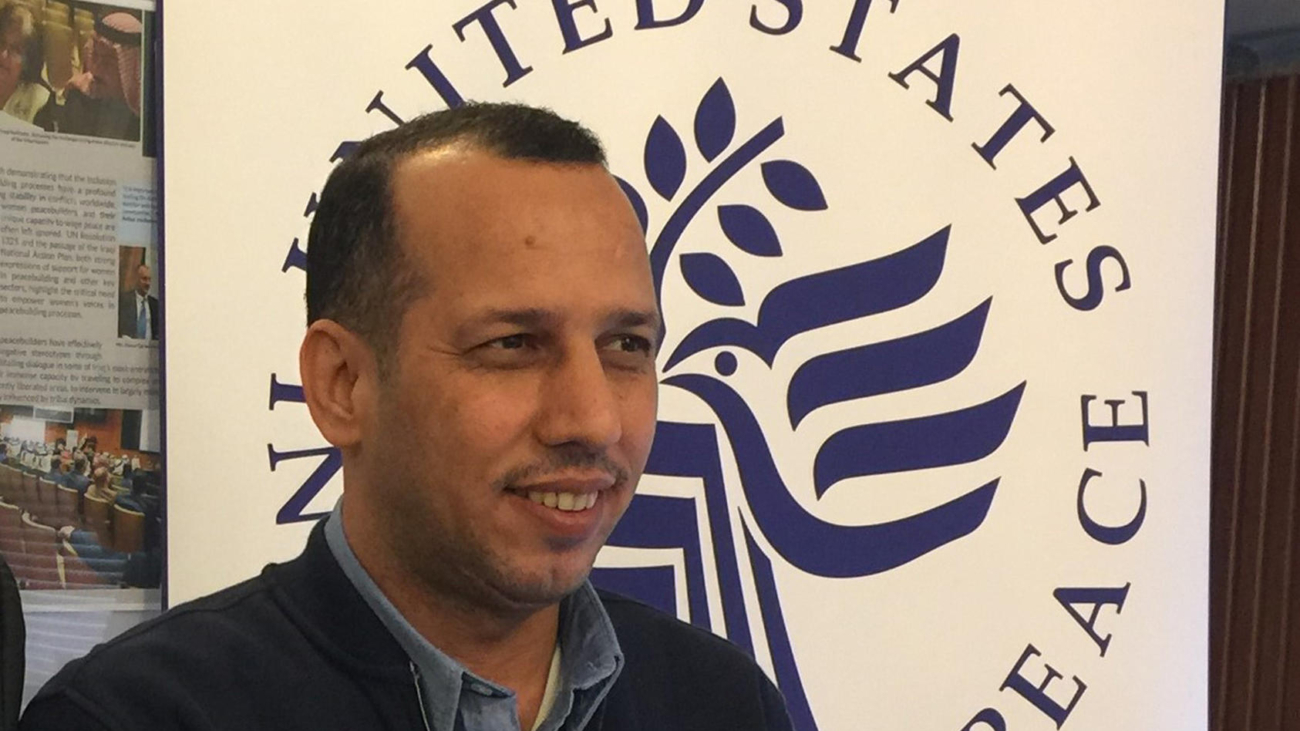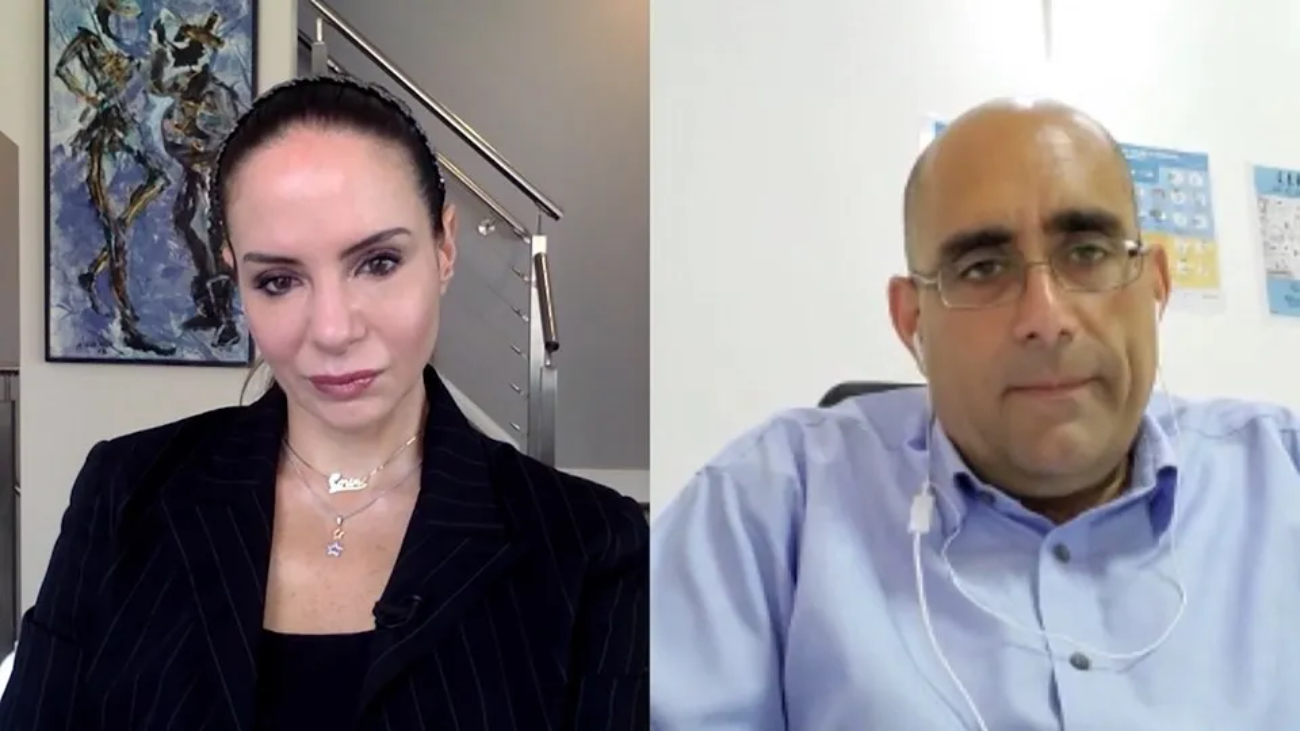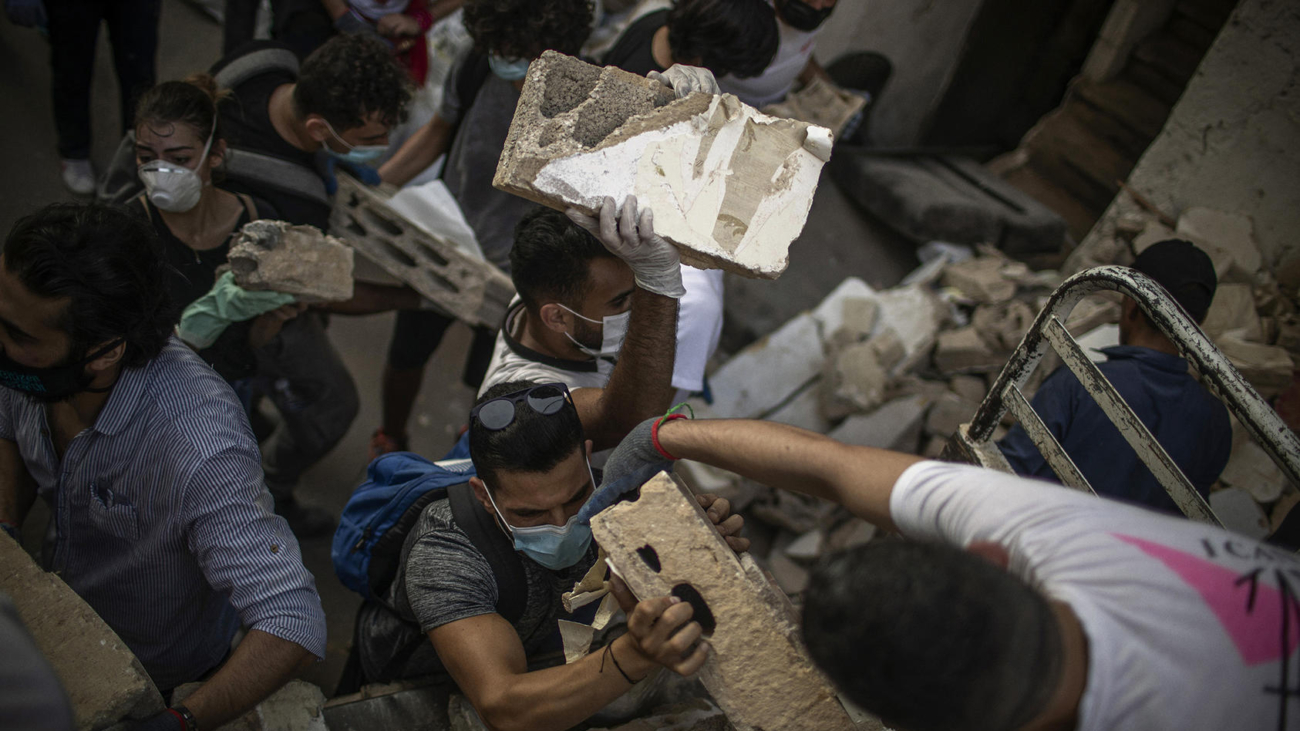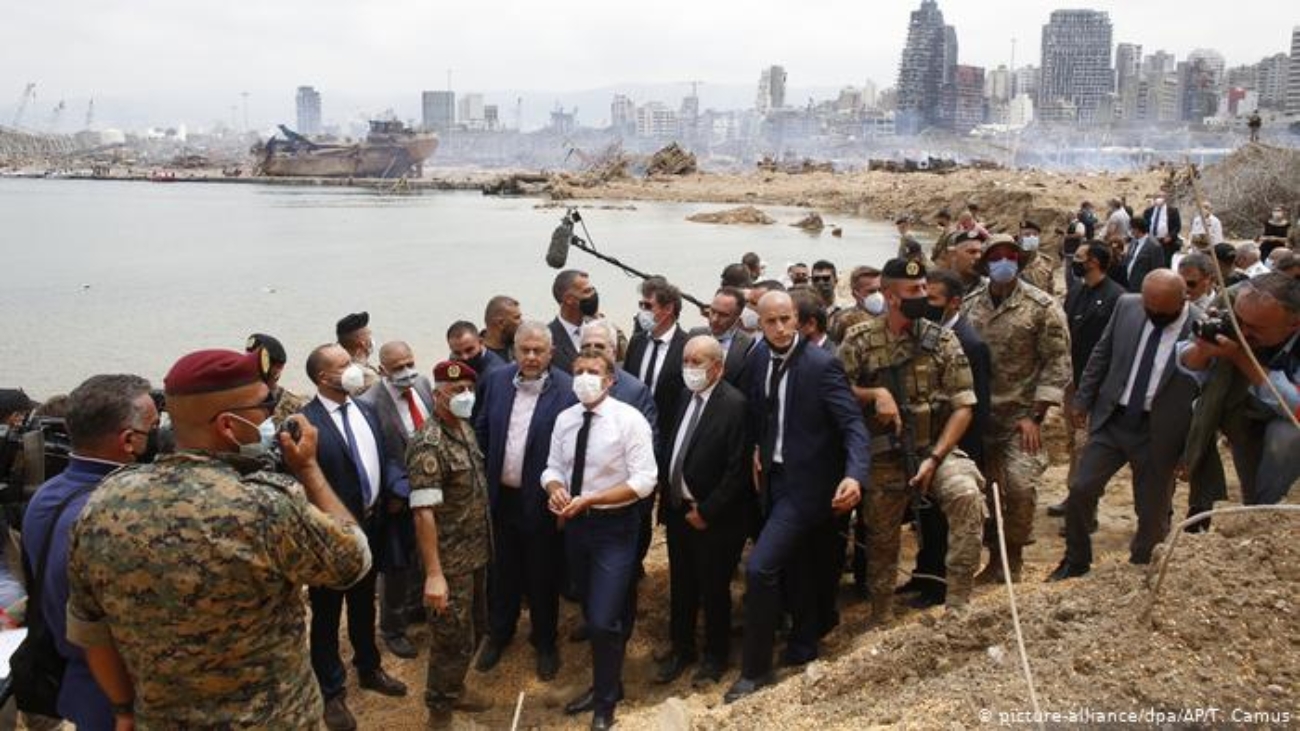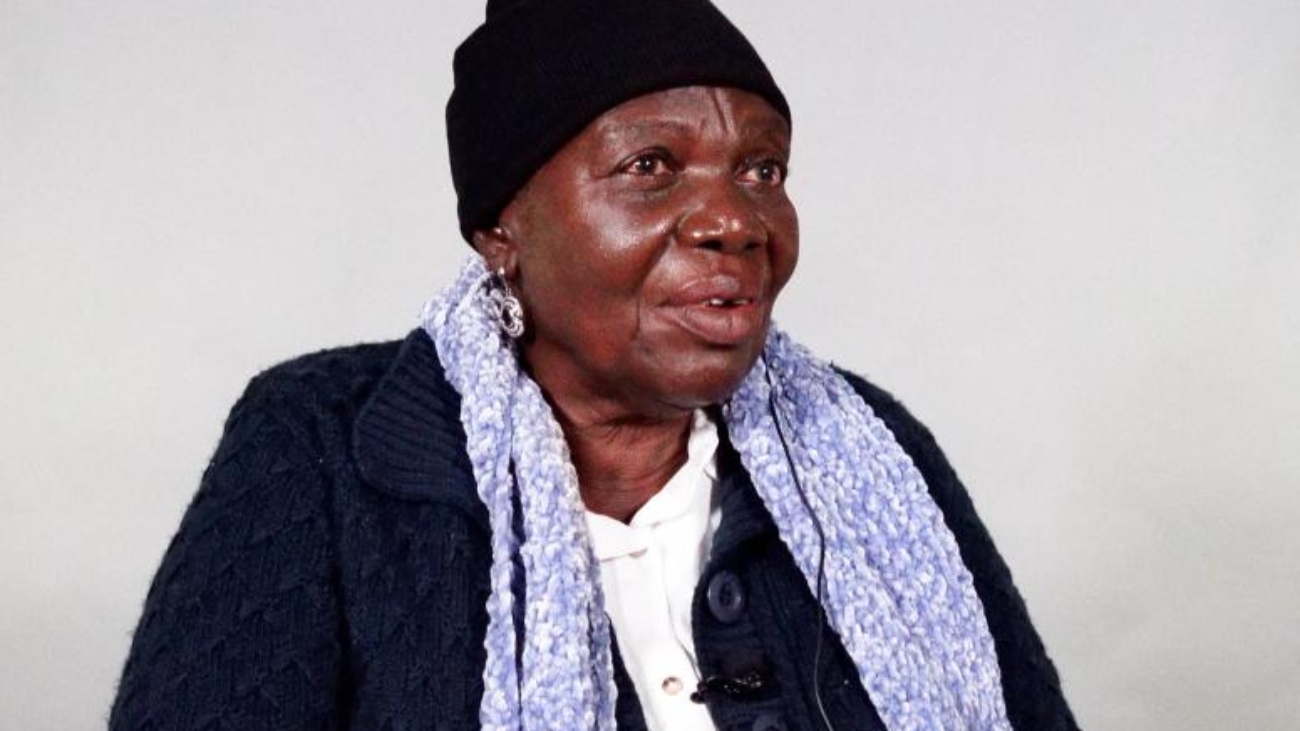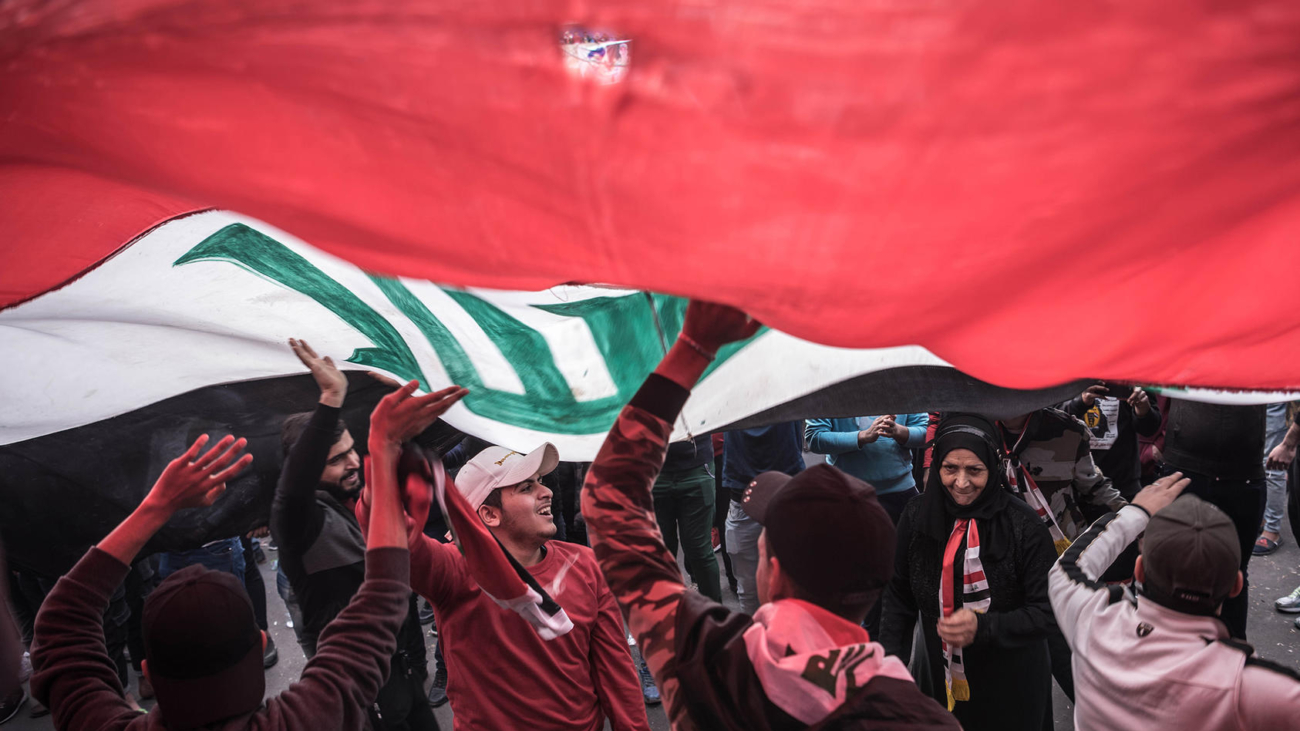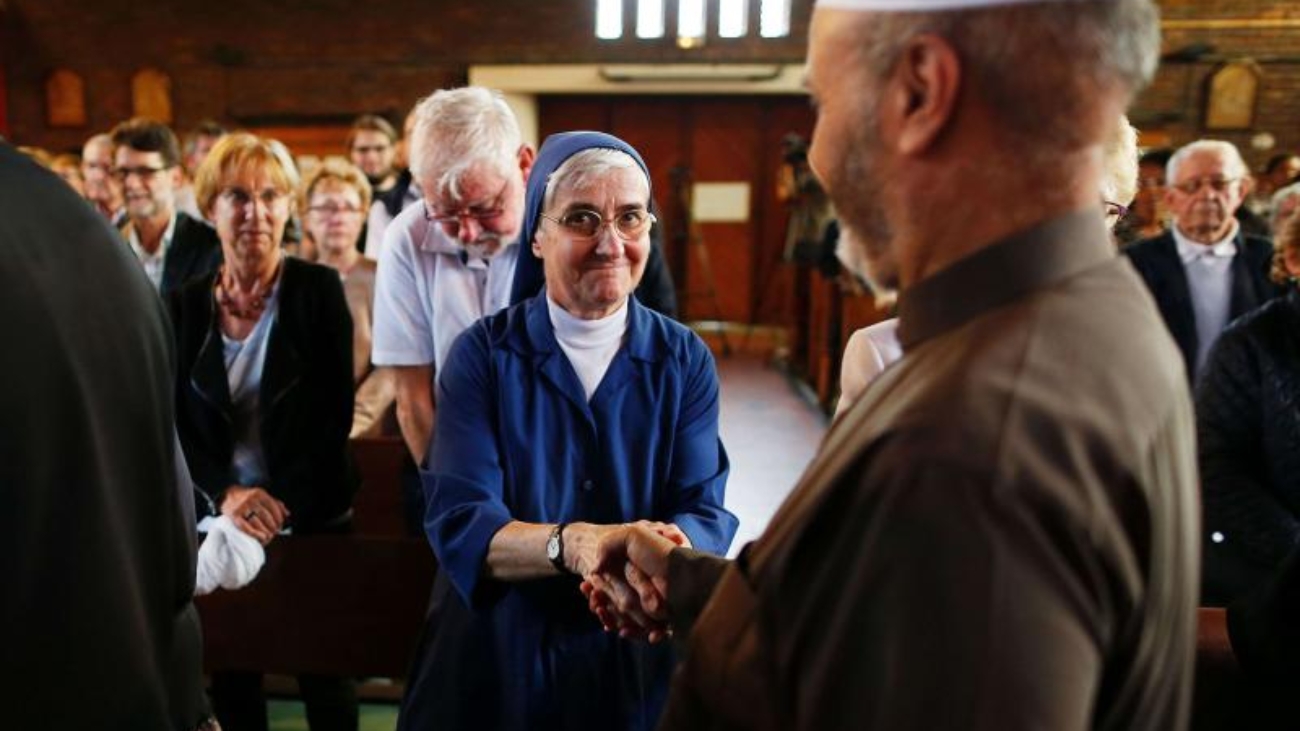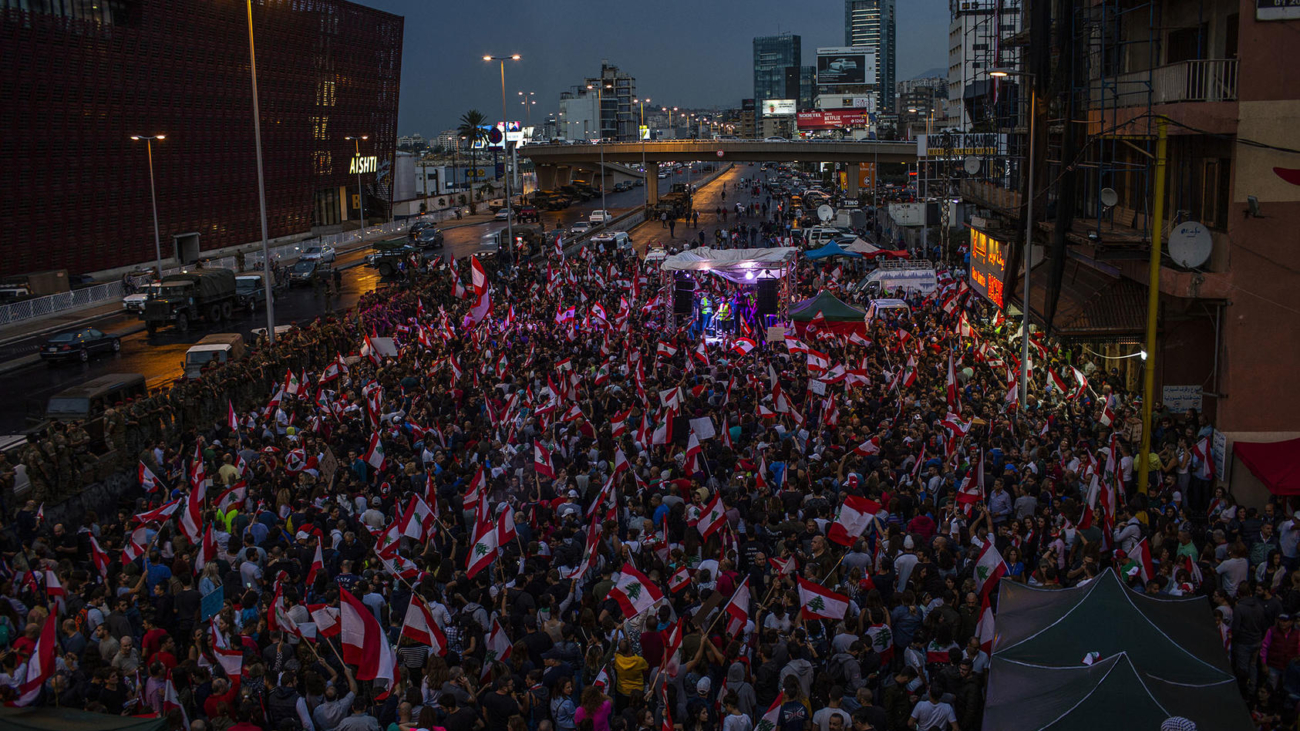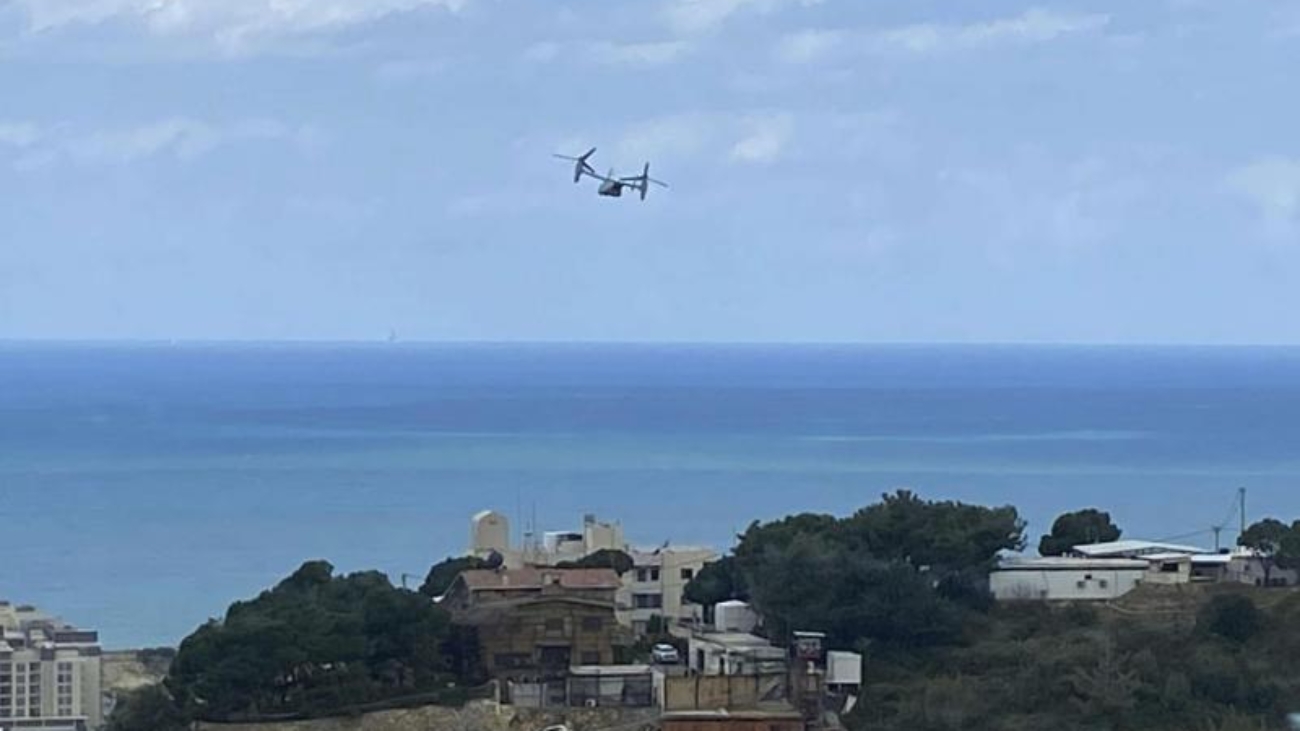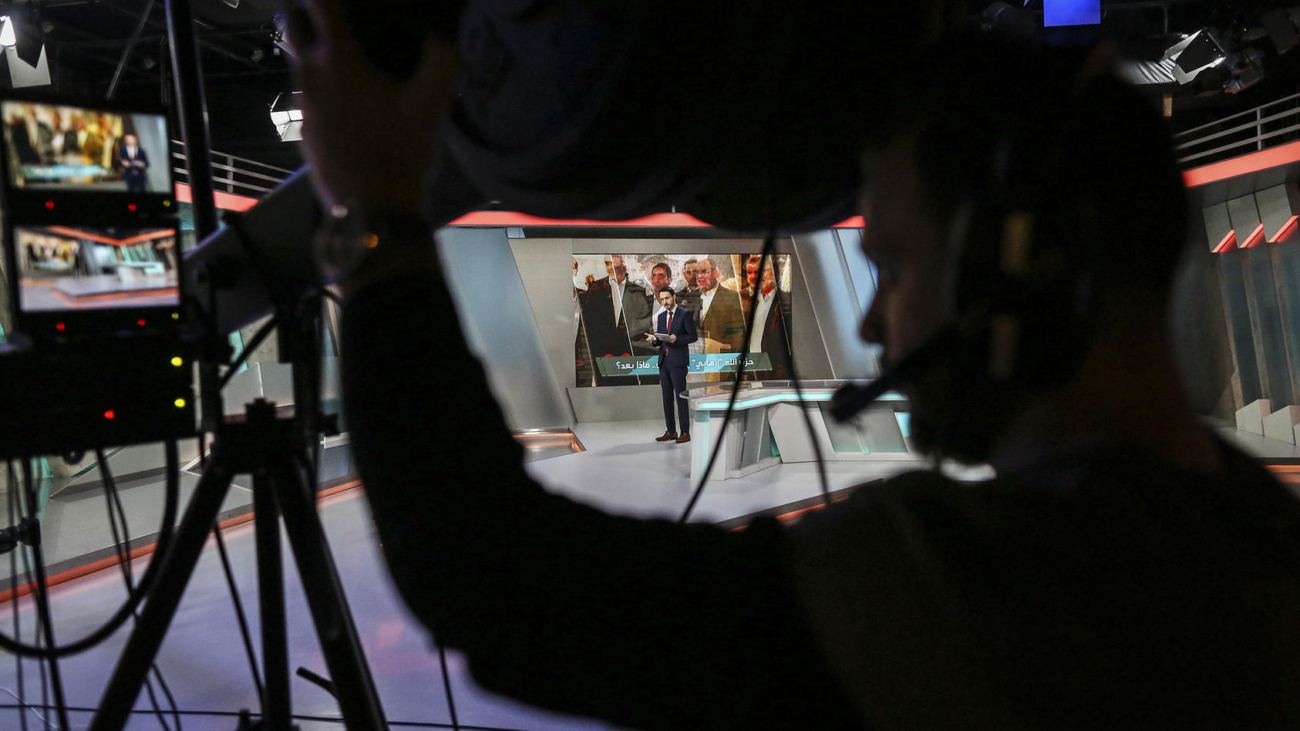The Lebanese poet Elia Abu Madi wrote, “Life is a poem of our ages, and death in it is a rhyme. Enjoy your senses in the stars and their grace, so, they will go on and the planets will remain.”
This piece was originally published on the USIP website https://www.usip.org/
The assassination of our colleague and friend Husham al-Hashimi by unidentified gunmen in Iraq comes as a shock to those who knew him, and to those who did not. Not because assassinations in Iraq are unfamiliar, but rather for other reasons, the most important being Husham’s personality, his experience, ethics, and dedication to the cause of peace in his country; also because of the optimism felt by many after Mustafa al-Kadhimi took over as prime minister and the measures he undertook.
Husham is not the first activist to be killed and will not be the last, unfortunately. Death and separation are painful and tragic, but the consequences of physical elimination in politics are just as dire. The assassination of Husham, like other assassinations, holds layers of messages.
In addition to his role as an analyst, thinker, and researcher, Husham excelled at shedding light on corruption—in all its political, financial, and administrative forms—that is rampant in the political and security class (official and semi-official), from the far left to the far right. It is not surprising that one of the repercussions of his assassination is the silencing of voices committed to fighting corruption.
The approach adopted by Husham and others was based on rather liberal foundations. He promoted and practiced freedom of expression, advocated for inclusive politics, sound diversity management, equality, political freedom, and other elements of human rights. The assassination in this case is not just personal, it reshapes the landscape for freedom and political action in Iraq.
A Constructive Vision for the Country
Since the protest movement first broke out in Iraq in October of last year, Husham and some of his colleagues developed a constructive vision for the country, unifying the different messages and demands of the protest movement, and liaised between the protestors and authorities.
This assassination—in addition to the deliberate killings of some of the movement’s activists and demonstrators—is an effort to settle the score by some armed groups that are fed up with criticism and want their crimes to remain unexposed. Failure to hold the killers to account in the previous months encouraged some of these groups to pursue a policy of assassinations. Husham paid the price for the poor performance of the security agencies and the judiciary, something the martyr had long criticized publicly and privately.
Husham was known to be part of an informal and unstructured group of activists, intellectuals, experts, and media professionals. Over the past years, members of this group, individually or in small groups, have worked hard to maintain bridges of communication between the various components of Iraqi society and the political scene in Iraq. They have also played a role in providing space for dialogue, proposals, and ideas for decision-makers in Iraq and those interested in Iraqi affairs. The killing of Husham, or anyone else from this group, will discourage others from playing a positive role as a link between society and decision-makers.
The Loss of an Iraqi’s Perspective
Working and communicating with international organizations and foreign embassies in the Middle East is a controversial topic. It is used to slander politicians, journalists, activists, and others. Public opinion in our region often favors conspiracy theories. Husham was not spared from the accusations of treason; he was subjected to the most heinous and tendentious campaigns simply because he worked with non-Iraqi media organizations and cooperated, in an advisory capacity, with international organizations. His work and activism also evoked direct and implicit death threats against him, but that never deterred him from speaking the truth.
Husham’s work is particularly important. It has allowed many non-Iraqi diplomats and officials to access analysis from a strictly Iraqi perspective. His work highlighted nuances that a non-Iraqi person cannot observe or understand from the outside. His work contributed to the effectiveness and impact of some of the programs funded by the international community and gave more legitimacy to foreign initiatives that lacked that “local knowledge.” The elimination of Iraqi intellectuals and activists like Husham makes it less likely that others will continue communicating or working with the international community. The implementation of many projects will be hindered and they will lack the crucial element of local Iraqi knowledge. Thus, a purely foreign perspective will prevail in the discourse and analysis surrounding our countries.
Honoring His Memory
In reflecting upon Husham’s assassination, the most important consideration to bear in mind is the duty of the state to protect its citizens, especially when they are under attack. The country must undergo a shift in mentality, away from an approach of crime and violence, toward one that sanctifies human life and respects the dignity of the human being first and foremost.
In practice, this begins with a serious and impartial investigation of Husham’s assassination and a commitment by the government to prosecute the perpetrators, instigators, and accomplices of this crime, including the political sponsors of the killers. Any procrastination will raise questions about the government’s seriousness in carrying out its most basic role. The best response to Husham’s assassination is for the government to seize the opportunity to reform the deep-seated history of murderous practices in Iraq that have led to the killing, exile, and imprisonment of many innocent people who dared to question a structure that favors sectarian, political, tribal, and personal interests over public interest.
Iraq only enjoyed the light of Husham’s stardom for a short while. The government today—with the support of the international community—is required to preserve the other planets, otherwise, Elia Abu Madi’s premise that “the planets survive even if the stars go away” disintegrates. Let the martyrdom of Husham be the sunrise for the truth in a country whose people have suffered for decades from the rule of death over the will of life.

